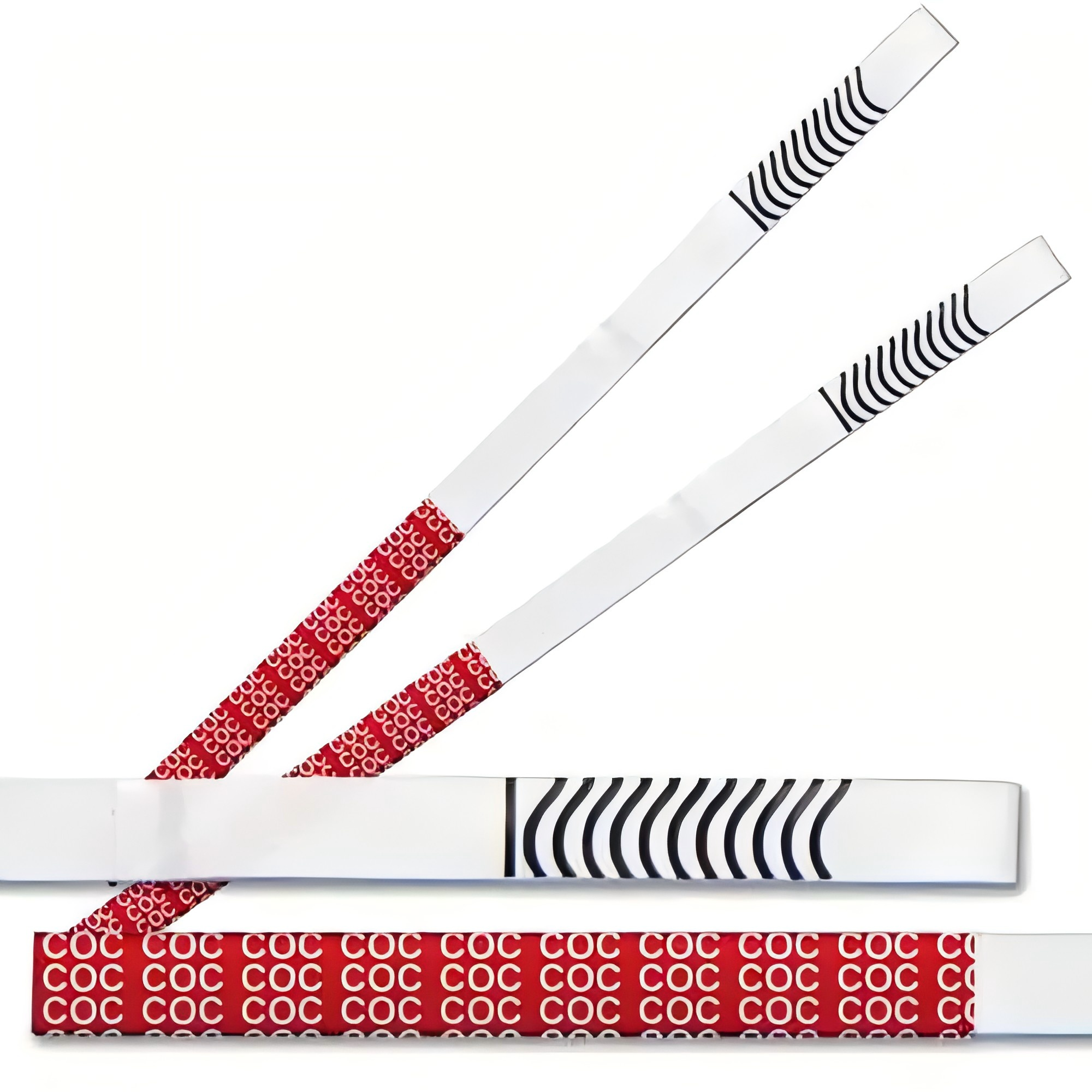Introduction to One-step Drug Tests
One-step drug tests have become increasingly popular due to their convenience and immediate results. However, the question remains on whether these tests can effectively detect synthetic drugs, which have become a significant issue in public health and safety. This article scrutinizes the effectiveness of one-step drug tests in the context of synthetic drug detection, considering the complexities and challenges involved.
Challenges of Detecting Synthetic Drugs
Complex Chemical Structures
Synthetic drugs, often referred to as designer drugs, are chemically engineered to mimic the effects of natural drugs while evading legal restrictions. Their complex chemical structures and rapid evolution pose a significant challenge to drug detection methods. Unlike traditional compounds, these synthetics often require more sophisticated detection techniques due to their novel molecular compositions.
Legal and Regulatory Hurdles
Regulating synthetic drugs often lags behind the rapid pace at which new variants are developed. This creates a gray area where detection methods, including one-step drug tests, may not yet have the capability to identify these substances, complicating enforcement and control attempts by authorities.
Technological Advances in Drug Testing
Biochemical Assays and Mass Spectrometry
Advanced technological methods such as biochemical assays and mass spectrometry are being integrated into drug testing to enhance the detection of synthetic substances. These methods increase sensitivity and specificity, crucial for accurately identifying synthetic drugs, which are often missed by simpler methods.
Integration with Digital Platforms
The combination of one-step drug testing with digital platforms can potentially improve data collection and analysis, facilitating better tracking and trending of synthetic drug use. The integration with digital databases allows suppliers and factories to monitor and respond to the emergence of new synthetic drugs more swiftly.
One-step Tests vs. Comprehensive Screening
Speed versus Accuracy
One-step testing offers speed and ease of use, often utilized in workplace settings and by suppliers seeking quick results. However, comprehensive drug screening methods provide higher accuracy and are better suited for detecting synthetic drugs. The trade-off between speed and accuracy is a crucial consideration in selecting the appropriate drug testing method.
Cost Implications
While wholesale purchases of one-step drug tests can reduce unit costs, comprehensive tests often require more expensive equipment and expertise, impacting the overall cost-benefit analysis for users, including factories and suppliers.
Limitations of One-step Drug Tests
Detection Gaps
One-step drug tests typically target common substances such as THC, cocaine, and opiates. However, they often lack the specificity required to detect synthetic drugs like synthetic cannabinoids and stimulants, leading to potential false negatives.
Adulteration and Result Reliability
The susceptibility of one-step tests to adulteration by various substances raises concerns about the reliability of test results. A robust approach involving specimen integrity testing is essential but may not be adequately addressed in one-step formats.
Implications for Workplace and Legal Settings
Workplace Safety Concerns
In workplace environments where safety is paramount, the inability of one-step tests to detect all synthetic drugs can compromise employee safety and productivity. Factories and suppliers, in particular, require reliable drug testing to maintain operational safety standards.
Legal Challenges
The legal admissibility of one-step test results can be questioned due to issues such as false negatives and adulteration. Legal settings often necessitate more comprehensive testing methodologies to ensure the validity of test outcomes.
Role of Forensic Toxicology in Synthetic Detection
Advanced Analytical Techniques
Forensic toxicology employs advanced analytical techniques that offer higher sensitivity and specificity, making it more effective for detecting synthetic drugs. These methods are crucial for legal proceedings and scenarios requiring definitive drug identification.
Adulteration and Cheat Detection Methods
Specimen Integrity Testing
Specimen integrity testing is vital to detect adulteration in samples. Techniques such as temperature checks, pH analysis, and creatinine levels help identify tampering, which one-step tests might not detect.
Ethical Considerations in Drug Testing
Privacy Concerns
Privacy concerns arise regarding the storage and handling of drug testing data. Factories and suppliers must ensure that confidentiality is maintained to protect individual rights during the testing process.
Informed Consent and Transparency
Ensuring informed consent and transparency in the drug testing process is ethical and legally necessary. Individuals should be aware of what substances are being tested and the implications of positive results.
Future Directions in Drug Testing
Innovative Detection Technologies
Future developments in drug testing are likely to focus on integrating innovative detection technologies that can keep pace with the evolving landscape of synthetic drugs. Greater collaboration between technology developers and drug testing suppliers is anticipated.
Expanded Testing Panels
Expanding testing panels to include a broader spectrum of synthetic drugs will be essential to enhance the effectiveness of drug tests. A focus on continuous updates to testing protocols will be crucial for staying current with new drug variants.
Hysen Provide Solutions
Hysen offers comprehensive solutions for addressing the challenges of synthetic drug detection. Our advanced testing services include both one-step and comprehensive screening options, ensuring accurate and reliable results. We collaborate with wholesale suppliers and factories to provide tailored testing solutions that are cost-effective and align with the latest technological advancements. By prioritizing innovation and integrity, Hysen ensures that your workplace or legal environment remains compliant and safe. Contact us for a consultation on how we can help meet your drug testing needs effectively.

Post time: Jul-25-2025
















